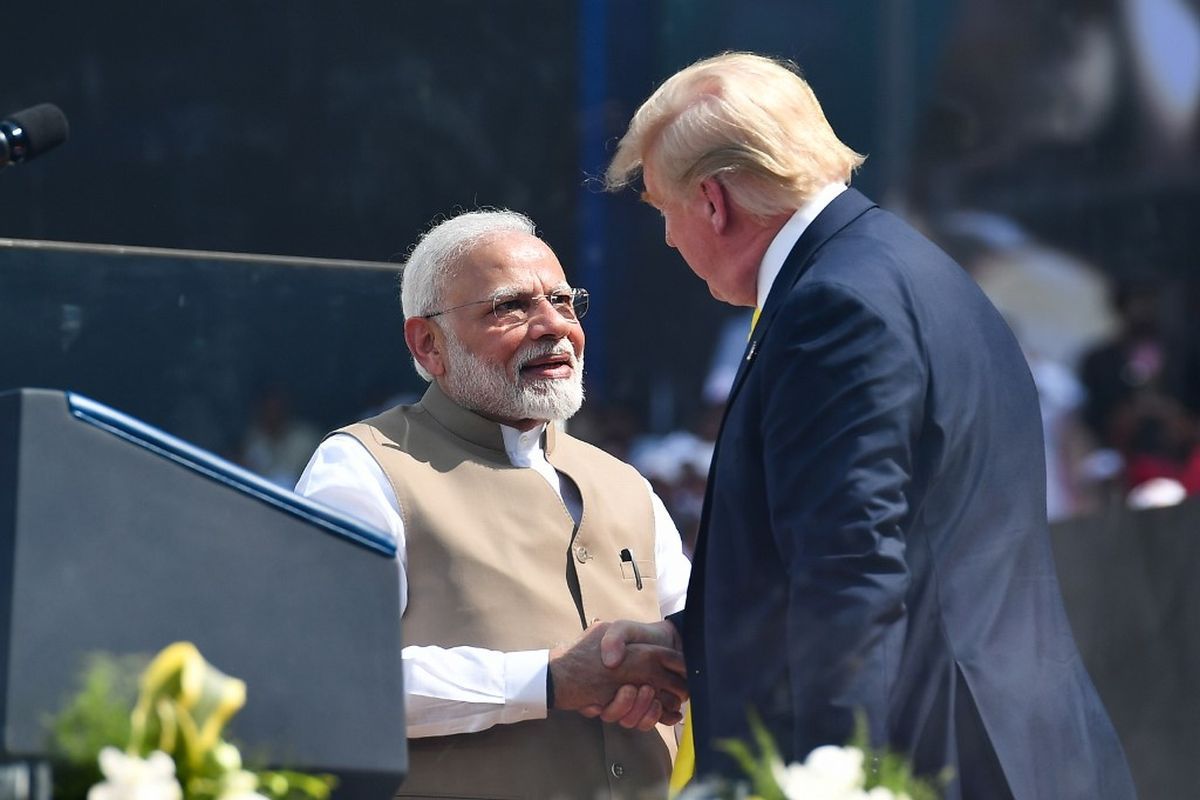The United States on Friday announced $174 million financial assistance to 64 countries including $2.9 million to India to help them fight the COVID-19 coronavirus pandemic. This is in addition to the $100 million aid announced by the US in February.
The newly announced assistance is part of a larger American global response package across multiple departments and agencies, including the Centres for Disease Control and Prevention (CDC). The funding is for 64 of the most at-risk countries facing the threat of the global pandemic.
Advertisement
The US State Department said it is providing $2.9 million to help the Indian government prepare laboratory systems, activate case finding and event-based surveillance, and support technical experts for response and preparedness, and more.
“This builds upon the foundation of more than $1.4 billion in health assistance out of the more than $2.8 billion in US assistance for India over the last 20 years,” the State Department said.
According to United States Agency for International Development (USAID) Deputy Administrator Bonnie Glick, the new assistance builds on the U’ record of global health leadership.
“For decades, the United States has been the world”s largest provider of bilateral assistance in public health. The US has saved lives, protected people who are most vulnerable to disease, built health institutions, and promoted the stability of communities and nations,” he told reporters.
In South Asia, the State Department is providing $1 million in health funding to help it strengthen monitoring and better prepare communities to identify potential outbreaks.
It is providing $1.3 million to Sri Lanka, $1.8 million to Nepal, $3.4 million to Bangladesh and $5 million to Afghanistan to help them fight the pandemic.
Meanwhile, US President Donald Trump has signed the largest economic stimulus package in history worth about $2 trillion to rescue the nation from the clutches of the Coronavirus pandemic after Congress in a rare show of unity passed it.
The relief package was enacted on Friday as the US recorded 103,942 Coronavirus cases during a week in which 3.3 million people officially registered as unemployed.
A total of 1,693 people have died in the US due to the disease.
Displaying uncharacteristic political solidarity, the US Congress voted the largest ever economic stimulus package.
After months of confrontation and invective capped by President Donald Trump’s impeachment, the two parties came together to vote the recovery package unanimously on Friday in the House of Representatives, after the Senate had passed it unanimously.
Trump’s signature brings an end to the dramatic, week-long legislative saga on Capitol Hill, and triggers the distribution of millions of relief checks of up to $3,400 for an average American family of four.
The highlight of the package, which amounts to almost 10 per cent of the US GDP, is an outright payment of $1,200 each to almost all adults in the country and $500 each to most children to help them tide over the crisis.
The bill pumps $100 billion into hospitals and health facilities in critical need of medical gear like personal protective equipment and intensive care beds, creates a $500 billion loan reserve for large corporations including airlines, and provides $377 billion in grants to small businesses.
(With agency inputs)











